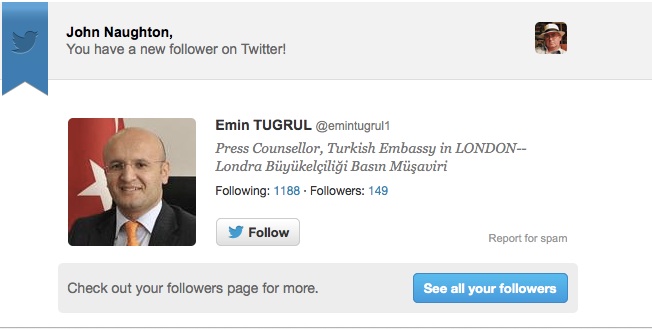There is, I have discovered, a clear inverse correlation between blogging and what is laughingly called my “work”. That is to say, when I am busy doing dutiful things I am, as a result, not writing about the things that I’d like to blog about. So an alert reader can determine from this blog whether or not I have been rushing around, sitting on committees, interviewing candidates for jobs, being polite to visiting dignitaries and doing all the other things needed to feed the administrative appetite of an academic institution.
As I write this, for example, in my notebook there are fragmentary notes about at least a dozen topics on which I would like to write a blog post. There is, for example, that post I was hoping to write about a terrific film – The Grand Budapest Hotel – that we saw the other night and which led me to read everything I could lay my hands on about Stefan Zweig, the Austrian writer whose life and work inspired Wes Anderson to make the film.
And then there’s that blog post I was incubating about the strange paradox that everywhere one looks contemporary political scientists are studying everything except real politics, while in another part of the academic forest computer scientists (for God’s sake) are arguing and thinking about cryptography, virtual currencies, privacy, network effects, increasing marginal returns and the Power Law distributions that are the stuff of the realpolitik of our emerging networked world.
Of course, part of the reason for the inverse correlation is that I am hopelessly inefficient. One way of putting it is that I am a multi-tasker equipped with the wrong algorithm. (When I once said that to my friend Quentin he replied cheerily that I could always be re-flashed, like a recalcitrant DSL modem, but he was just being polite.)
Another way of putting it would be to say that I’m easily distracted. I’m a fox rather than a hedgehog – to use Isaiah Berlin’s famous distinction. And one of the things I have been distracted by this week is One Hundred Letters from Hugh Trevor-Roper. Roper was often castigated by his critics for squandering his talent and effort on essay-writing, reviewing, journalism — and letter-writing — when he should have been writing massive volumes of specialised historical research. But it seems that he too was not very efficient at the administrative side of academic life. Here he is, for example, writing to Jack Plumb in 1970:
“I am a hopeless writer of letters – or at least, a hopeless organiser of the paper which falls like a gentle but continuous blizzard of snow on my various desks. Some of them congeal into solid, lasting ice; others have somehow get pushed off into great drifts at the table-side; others simply melt away and no trace is left of them. Yours has suddenly emerged from beneath the drift, and fills me with shame for my long silence.”
Hmmm… I should perhaps write in the same vein to this blog.



